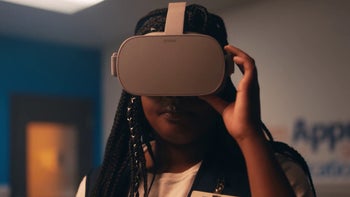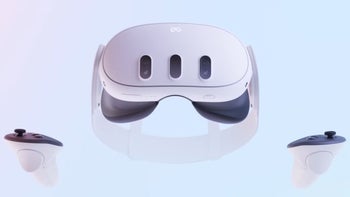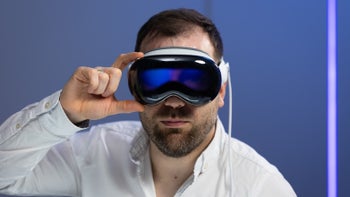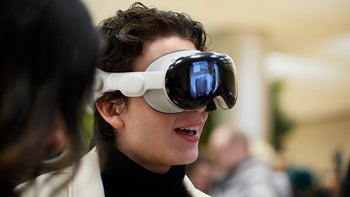Nailing the trends? Lenovo may release gaming AR glasses alongside Steam Deck competitor

The expected Lenovo Go handheld | Image credit: Windows Report
Citing anonymous, but "reliable" sources, Windows Report says that the Chinese giant Lenovo is quietly working on an entire gaming ecosystem, hitting several new tech trends. One of which we already know about – it's a Steam Deck and Nintendo Switch competitor – the Windows 11-powered Legion Go handheld.
As someone who's already used AR glasses with his Steam Deck, I can definitely confirm that it is a fantastic, futuristic and ultra-portable gaming setup, so it's not hard to presume Lenovo might be seeing the potential in it, and thus looking to continue investing into the growing AR and handheld gaming markets as soon as possible.
Of course, those AR glasses Lenovo is supposedly preparing to release will have to compete with the likes of the Xreal Air and Rokid Max, and giving them 120Hz might just be the common sense move that would give them a leg up against the competition.
We don't really have much else on Lenovo's rumored AR gaming glasses, but for reference, the above-mentioned competition costs between $379 and $439. Will Lenovo's AR glasses undercut those prices, or the opposite? Will they have head tracking, or will they serve as a simple but effective fixed virtual display for gamers? Stay tuned for updates.
It's worth noting that Lenovo isn't actually new to AR at all. As a company that tends to dip its toes in pretty much any technology trends, and is often even willing to experiment wildly (which is a good thing!), Lenovo has released AR glasses in the past, such as the ThinkReality A3 smart glasses. But these upcoming ones seem to have the potential to actually make waves, as they're targeting a steadily growing handheld gaming demographic, and in the perfect time to do so.
For now, keep your sights set on the IFA 2023 event, which starts on September 1st, 2023, as that's where and when we'll probably get more details on both the handheld and these rumored Lenovo AR glasses, from the Chinese giant itself.









Things that are NOT allowed: